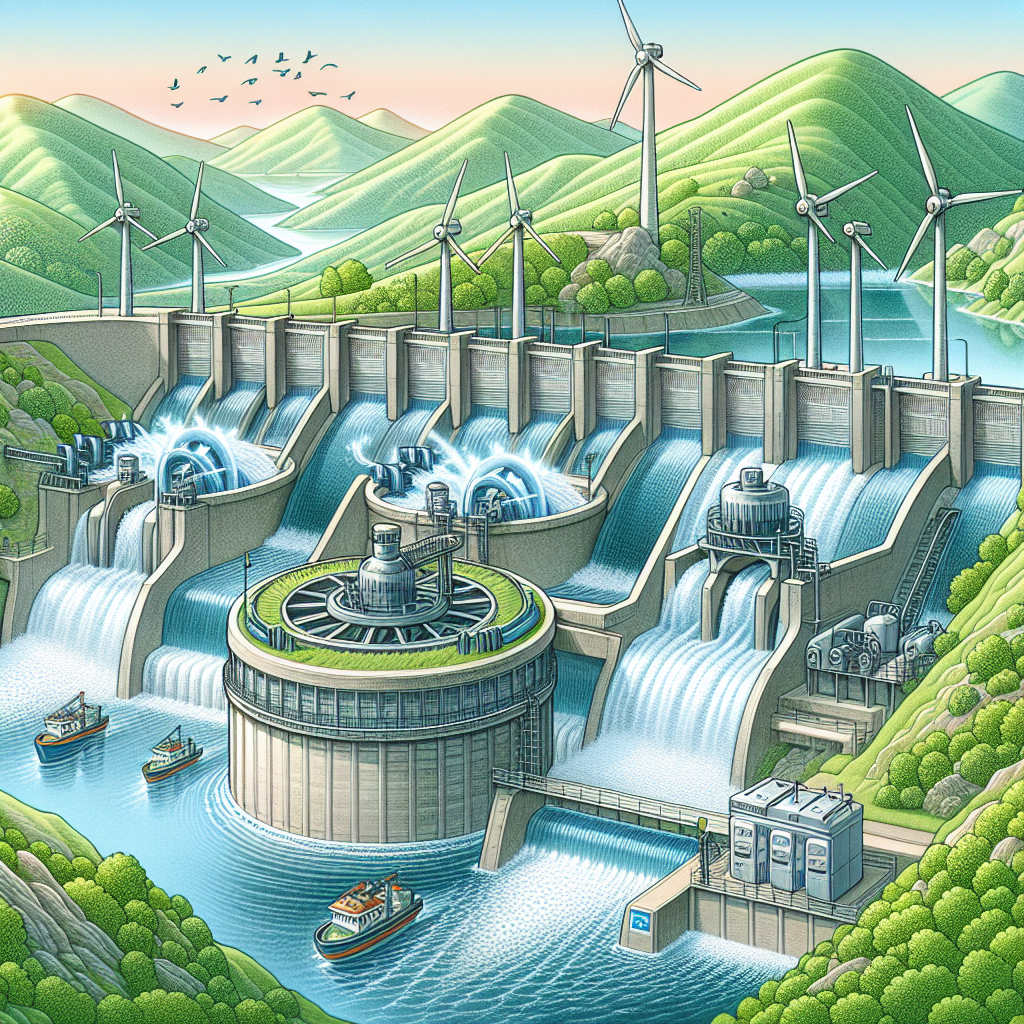Japan's Energy Storage Surge: Tapping Into Battery Opportunities Amid Challenges
Japan is experiencing a surge in investments in its burgeoning electricity storage market, driven by rising power demand and energy security concerns. However, proposed government changes to decarbonised capacity auctions may challenge the sector’s growth by limiting returns and favoring existing power generation sources.

The pipeline of investments pouring into Japan's electricity storage market is swelling as the country confronts increasing power demands. With the majority of its electricity sourced from imported fossil fuels, Japan is striving for energy security through renewables, but grid limitations have fueled battery energy storage systems' popularity.
Investments totaling at least $2.6 billion in battery storage projects have been announced since December 2023. Notable contributions include Hulic's $677 million and Sumitomo's $1.3 billion investments, aimed at combating frequent power curtailments especially in regions like Tohoku and Kyushu. Analysts project battery storage capacity could reach 4 GW, necessitating substantial investment as Japan trails other nations in grid-connected BESS.
Despite these investments, planned adjustments to long-term decarbonised capacity auctions could deter battery storage projects by limiting future revenue guarantees and increasing operational requirements. While such changes may seem aimed at integrating renewables, critics argue they may instead sustain old power infrastructures, potentially hampering Japan's renewable energy progress.










